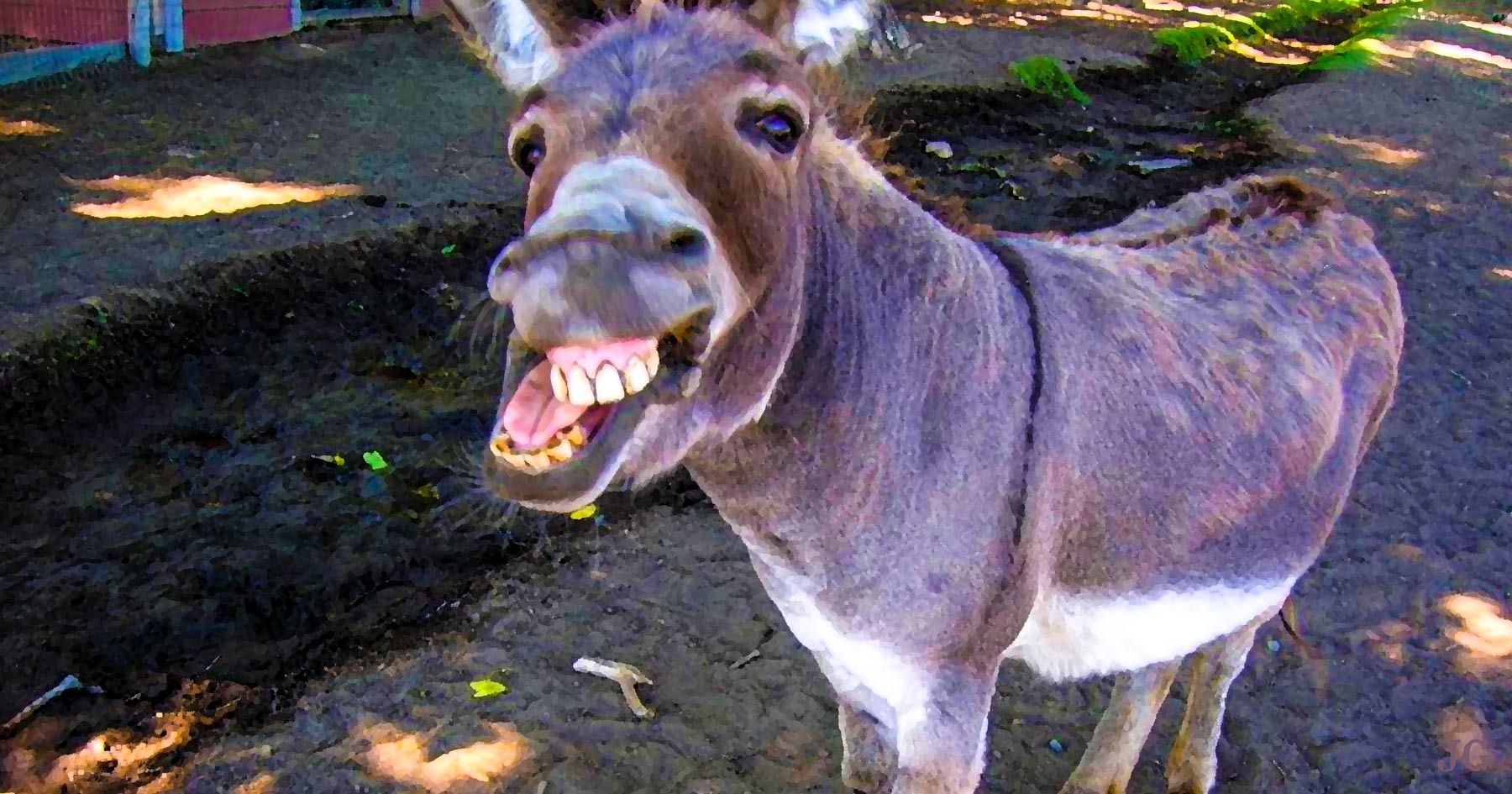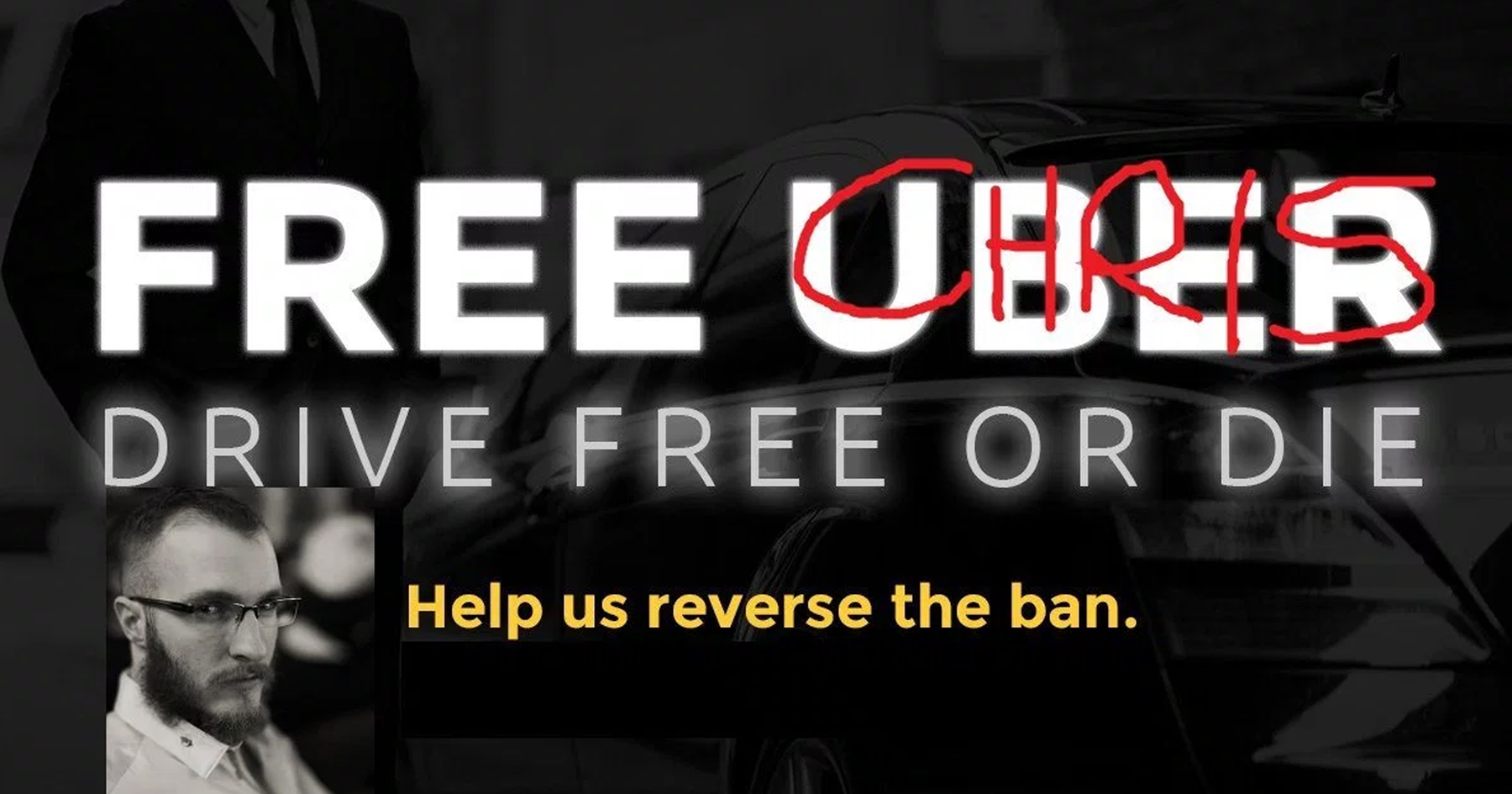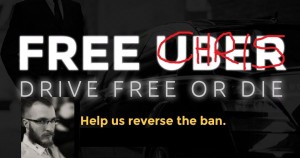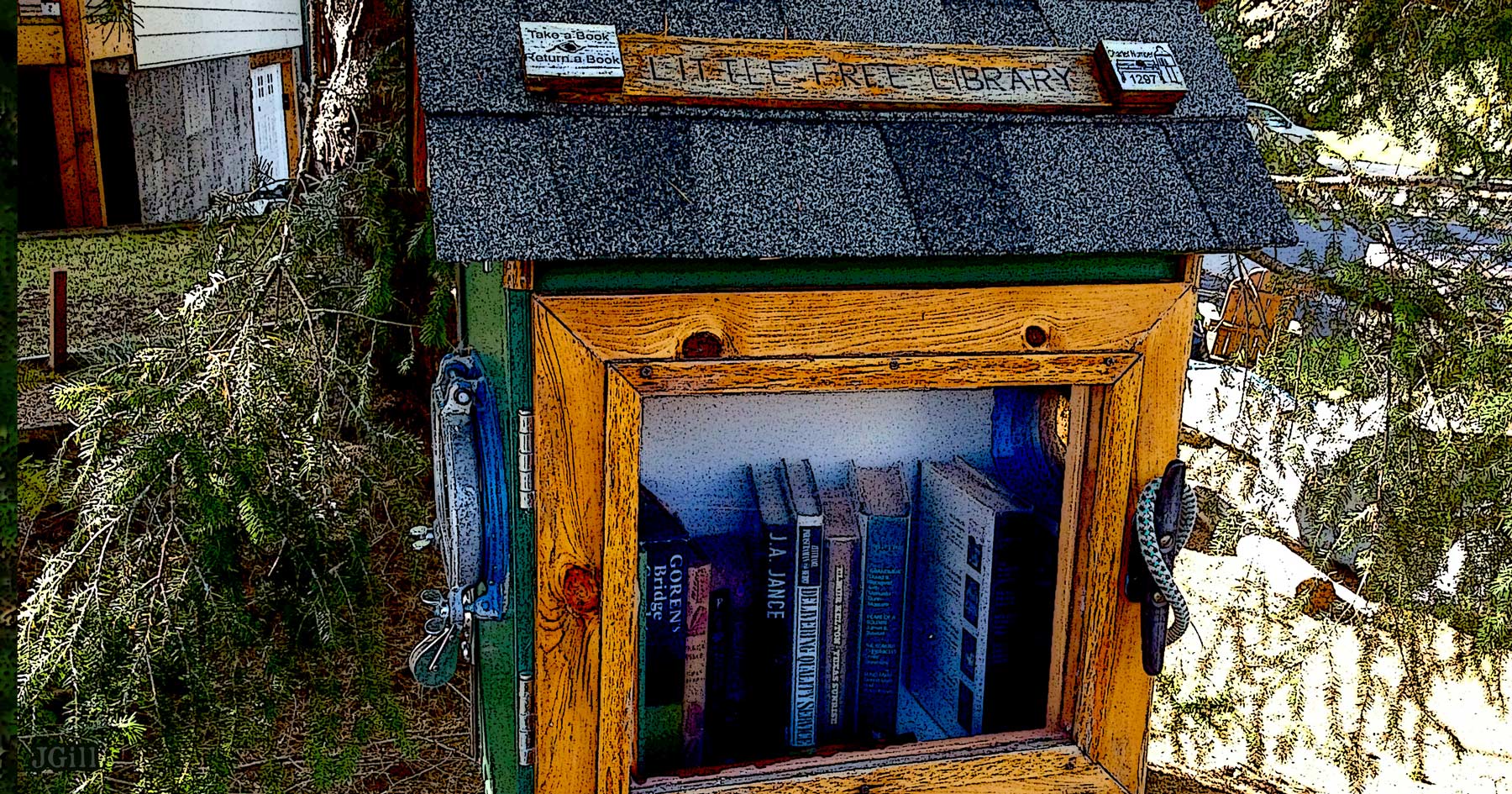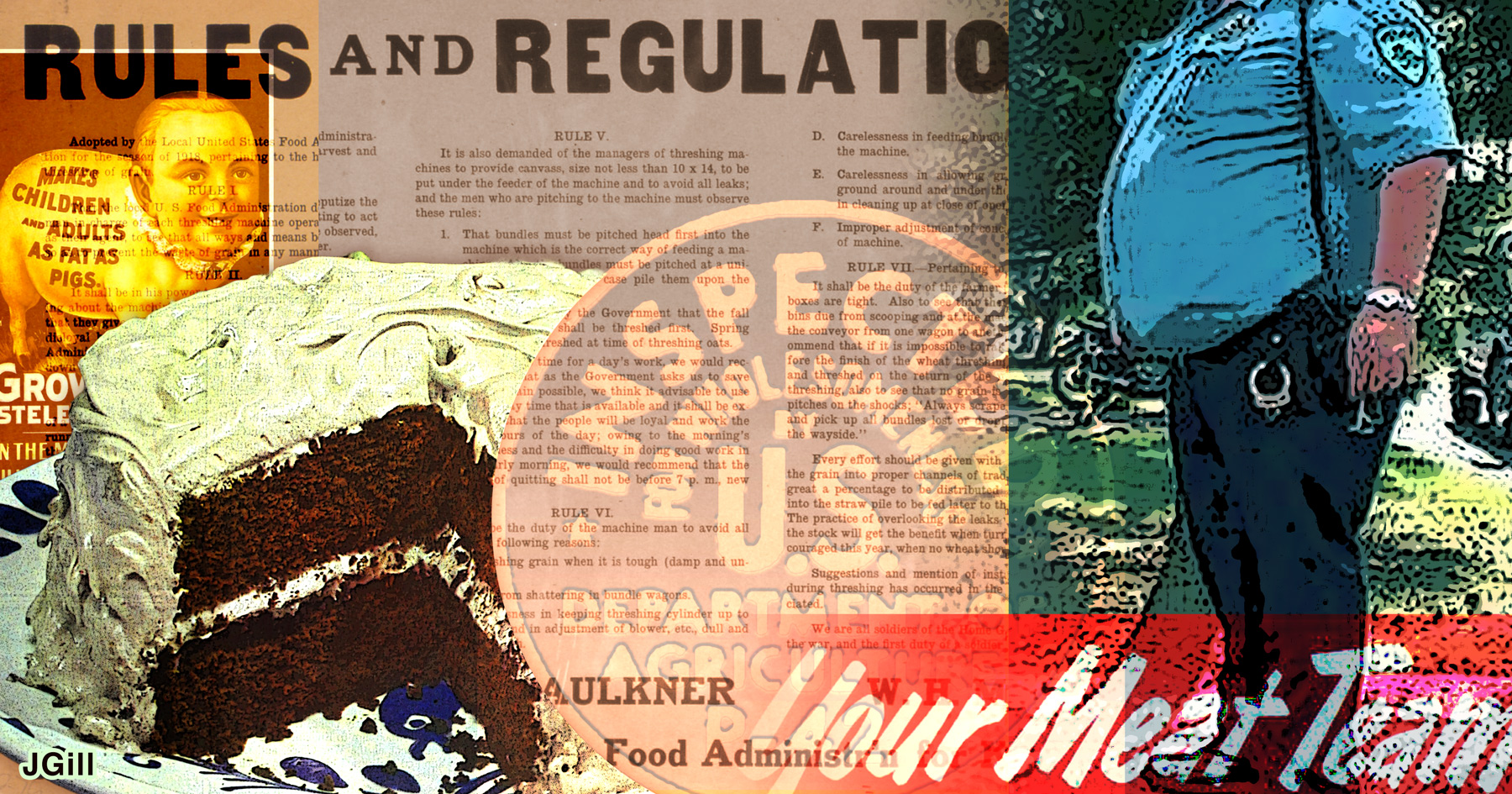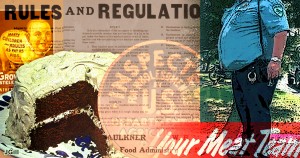Progressives are becoming increasingly defensive about nearly all forms of Big Government, relentlessly telling us that we need government for everything from money and roads to food inspection and subsidies and . . . well, the list is endless.
Food safety is one of their favorite subjects, but I’m increasingly skeptical. Do we really need to be protected from our neighbors’ produce and cooked goods, as can be found in community bake sales and potlucks?
In Arizona, legislators had long carved out an exemption from commercial food safety regulations for potluck and similar “noncommercial social events.” Great. But there was an unfortunate limitation to the exemption: it applied only to such events that took place at a workplace.
Home or church? Potlucks there are still against the law.
So of course officials took the occasion of said “loophole” to crack down on some neighborly events in an Apache Junction mobile home park, in Pinal County.
I’m sure hundreds, perhaps thousands of these events are routinely ignored by Arizona’s police. Indeed, I bet half of the state’s better cops engage in such activities themselves — just because potlucks are part of everyday life all over the country.
But the idiotic regulation allowed public servants (loosely so called) discretionary powers to attack a few people for reasons tangential to community safety. Thankfully, Rep. Kelly Townsend has introduced HB 2341, which would extend potluck freedom beyond the office or warehouse workplace.
Let us be clear: this was not a problem waiting to be solved by Big Government. It is a Big Government problem to be solved by new legislation to de-regulate home and community potlucks.
This is Common Sense. I’m Paul Jacob.


